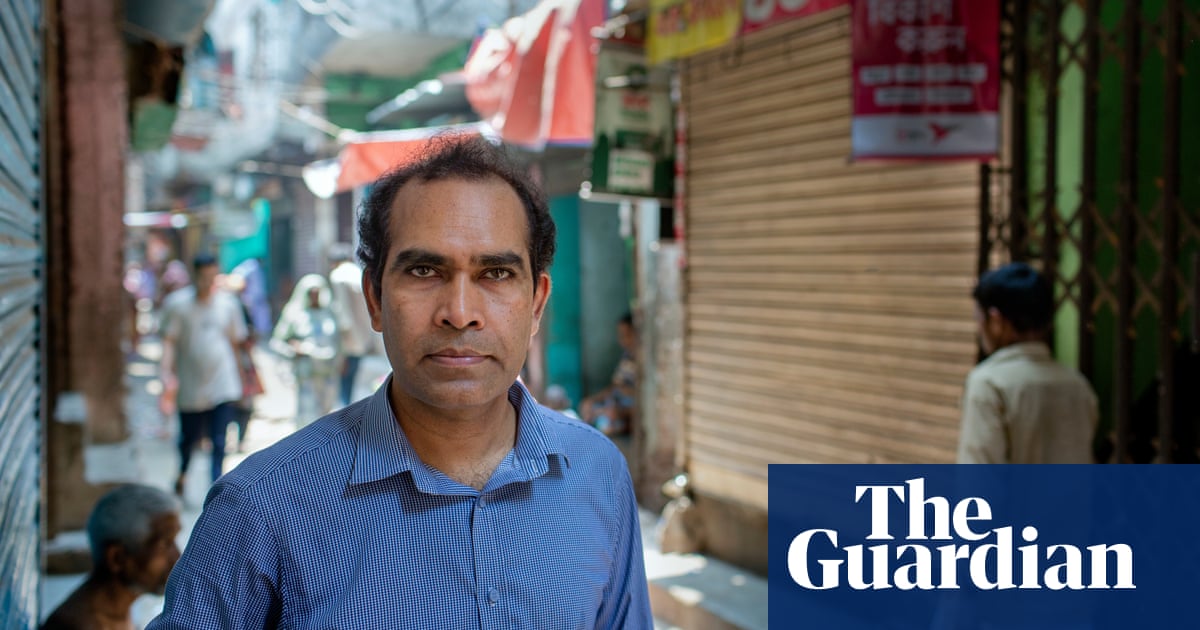
Increasing attention has been paid to disability issues since the early 20th century, and many countries have adopted a variety of policies to support the disabled. There has been great progress in various fields, the most important of which is the field of employment for people with special needs.
Saudi Arabia has guaranteed the right of those with special needs to care and rehabilitation services through the law of disability care. It also encourages institutions and individuals to contribute to charitable work in the field of disability. These services are provided by the competent authorities in the fields of health, education, sports and media.
Now, almost everywhere there are inspiring employees with special needs who engender optimism and hope, and have impressive stories of success to tell. But does their job security correspond to their guaranteed rights?
Saudi labor law guarantees the right of employees with special needs to obtain a job commensurate with their ability. The law requires employers to provide appropriate procedures and services, including any modifications that may be required to the working environment. The law also emphasizes that disabled employees have equality with their colleagues with respect to labor benefits, promotions and proper training, and are protected from random dismissal because of their disability.
The law also stresses the importance of the role of labor inspectors in ensuring the application of these rights and benefits, because of violations of the law in some workplaces.
It would be a welcome development if the term “handicapped” ceased to be used, replaced with a word that more accurately represented the Kingdom’s determination to integrate these loved and valued people into the workforce.
Among the most valuable initiatives that contribute to the empowerment of people with special needs in the business sector is the Qaderoon network, which aims to significantly raise awareness of the benefits of integrating the disabled into the workforce. It provides advice and training, and suggests best practices to develop sustainable work environments and a culture of suitable facilities in both governmental and non-governmental entities.
Such initiatives, supported by the Kingdom, contribute to accelerating local efforts to eliminate the social and economic exclusion of people with special needs, and to consolidate the role of society and its responsibility toward all its members. Nevertheless, the question remains whether the rights of the disabled are fully applied in every workplace, based on the principle that a disability is what someone has, not what someone is.
Dimah Talal Alsharif is a Saudi legal consultant, head of the health law department at the law firm of Majed Garoub and a member of the International Association of Lawyers. Twitter: @dimah_alsharif











